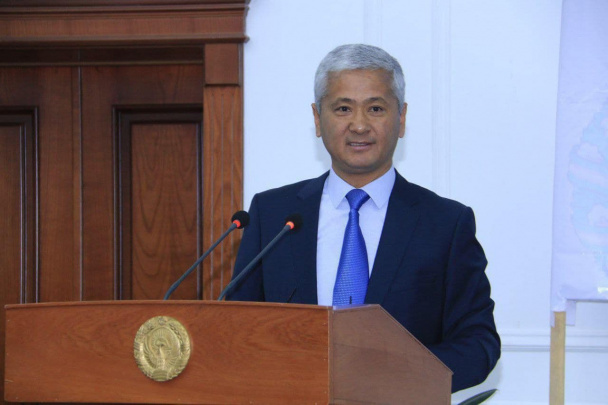19 assistant governors prosecuted in Samarkand for embezzlement of state funds
In Samarkand region, 19 assistant governors have been brought to criminal responsibility, according to information shared during the latest meeting of the Regional Council for Combating Corruption.

It was noted that conflicts of interest and corruption-prone relationships still persist within this sector. In the first quarter of this year alone, over 3,300 instances of falsified reporting were detected. As a result, disciplinary, administrative, and criminal proceedings were initiated against more than 80 assistant governors and other responsible officials. Of these, 19 assistant governors were criminally charged.
Investigations uncovered the embezzlement of 3 billion UZS in state subsidies, welfare benefits, and loan funds.
A significant share of the crimes committed by assistant governors occurred in Samarkand city and in the districts of Urgut, Ishtikhon, and Akdarya. Local government offices and employment agencies failed to carry out internal audits or inspections.
In addition, through the Unified National Labor System electronic platform managed by employment authorities, subsidies equivalent to up to 30 times the Basic Calculation Unit (BCU) were distributed to 155 individuals who were already employed or self-employed. These violations were particularly prevalent in the city of Kattakurgan and the districts of Kattakurgan, Nurabad, Narpay, Jomboy, Akdarya, Bulungur, Samarkand, and Payarik.
Furthermore, it was found that 12 staff members of employment departments and 25 assistant governors had created and managed business entities.
Sh. Negmatov, Chairman of the Regional Council, reportedly tasked officials with swiftly addressing the issues, eliminating all forms of corruption and conflicts of interest, and ensuring tighter oversight in the sector.
The corruption scandal once again raises serious questions about the very existence of the position of "assistant governor." Far from serving the public or improving governance at the local level, this role has proven to be not only useless but seemingly designed to facilitate embezzlement, misuse of state funds, and foster corruption. The systemic nature of the offenses committed by those in this position suggests that it functions more as a tool for looting the state budget rather than aiding citizens or contributing to local development.
Related News

15:20 / 22.07.2025
Budget decisions issued under arrested mayor’s name raise concerns in Jizzakh

19:14 / 18.07.2025
Customs inspector arrested for taking bribes through bank cards

18:54 / 14.07.2025
Interpol fugitive deported from U.S. to Uzbekistan over large-scale embezzlement

21:45 / 10.07.2025



